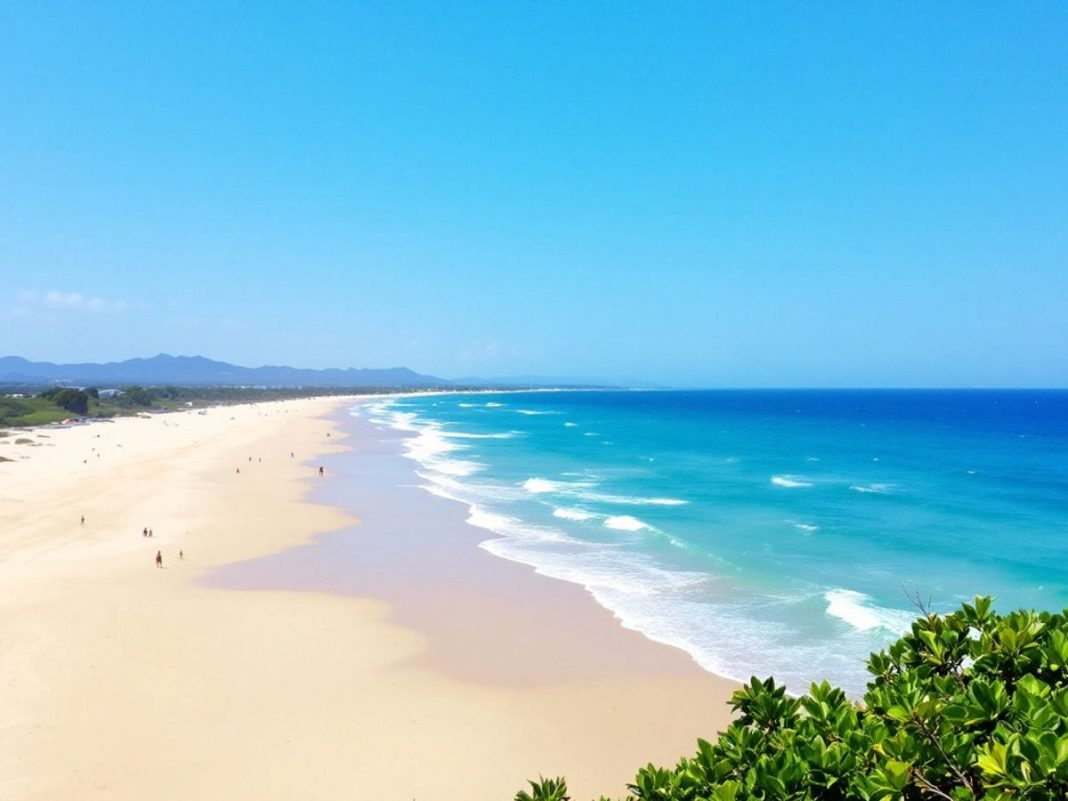The ongoing dispute between the province of Buenos Aires and Mar del Plata over the control of Punta Mogotes has intensified. This week, Governor Axel Kicillof announced two new five-year bids for the management of the beach resort, signaling his rejection of the proposal from General Pueyrredón’s mayor, Guillermo Montenegro, who seeks to municipalize the area.
Key Takeaways
- Kicillof’s government has launched two new bids for Punta Mogotes.
- The bids are aimed at companies for advertising placements in the area.
- Montenegro’s push for municipal control faces significant resistance from the provincial government.
Background of the Dispute
The conflict over Punta Mogotes has been a long-standing issue, with both the provincial government and the municipality of General Pueyrredón vying for control. The recent announcement by Kicillof, which was formalized through the Ministry of Production, Science, and Technology, indicates a clear stance against Montenegro’s plans.
The new bids, published in the Official Gazette, are specifically for companies involved in advertising. The first bid has a base price of 37 million pesos for advertising on Av. de los Trabajadores, while the second bid, for the Colectora Cleto Ciocchini, is set at 12.5 million pesos. Both contracts will last for five years.
Legal Proceedings
The situation has escalated to the courts, with the Contencious Administrative Court No. 1 of Mar del Plata previously allowing Montenegro’s request to municipalize the beach before any new bids were announced. The municipal administration is eager to resolve this issue before the summer season begins in just over a month.
Montenegro has argued that Punta Mogotes is a vital coastal area that requires strategic planning to ensure ongoing activity and improvements in infrastructure and services. He has also sought to expedite the payment of a debt exceeding 14 billion pesos, which Kicillof’s government has refused to accept. Montenegro believes that settling this debt would lead to the dissolution of the Punta Mogotes Administration, an inter-jurisdictional body established in 1984.
Current Administration Structure
The Punta Mogotes Administration is a shared entity, with only 30% of its composition allocated to the General Pueyrredón municipality. The provincial government appoints the head of the Administration Council and their deputy, while the municipality selects the local administrator. This arrangement has led to frustrations from local officials, who argue that such a governance model is unique and not replicated elsewhere along the Atlantic Coast.
Montenegro’s Position
In his court presentation, Montenegro emphasized the need for Punta Mogotes to be returned to Mar del Plata for the benefit of its residents. He stated, "I will not leave these issues unresolved. I said I would advance, and I have. For me, these three kilometers must be integrated into the city."
He has also called on local opposition members to support his efforts, noting that many have long advocated for the debt to be forgiven.
Provincial Government’s Response
The municipal government has accused the provincial administration of acting in bad faith by not responding positively to their requests. Mauro Martinelli, the Secretary of Legal, Technical, and Financial Affairs, criticized the provincial government’s refusal to accept the debt payment and warned of potential legal action against Montenegro if he proceeded with the payment.
As the summer season approaches, the stakes are high for both the provincial and municipal governments, with the future of Punta Mogotes hanging in the balance. The outcome of this dispute will significantly impact the local economy and community.

